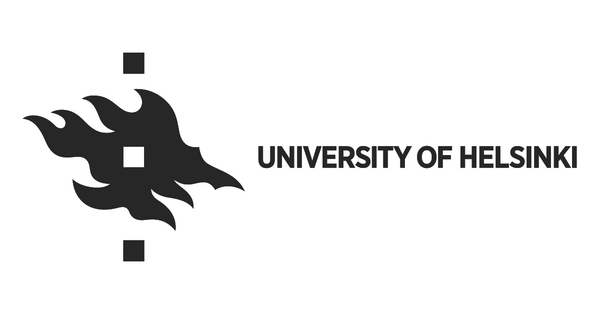University of Helsinki: University of Helsinki to lead FOODNUTRI, a national research infrastructure for climate-smart food research
The funding granted is based on the Recovery and Resilience Facility (RRF) of the European Union and the governmental Sustainable Growth Programme for Finland. Through their activities, RRF-funded projects promote digitalisation and the achievement of the goals associated with the green transition.
In addition to the University of Helsinki, participating in the project are the University of Eastern Finland, the South-Eastern Finland University of Applied Sciences (Xamk), Natural Resources Institute Finland, the Finnish Food Authority, the Finnish Environment Institute, VTT Technical Research Centre of Finland, the Finnish Institute for Health and Welfare and the University of Turku.
“The purpose of the FOODNUTRI infrastructure is to broadly serve the entire national food system. A shared infrastructure in terms of research equipment and tools as well as the research data produced, including databases, is not only resource-efficient but productive with regard to our shared goals of sustainable development,” says Professor Marina Heinonen.
The FOODNUTRI research infrastructure will contribute to the implementation of the EU’s Food 2030 policy, taking into account the Finnish government’s vision: “In 2030, Finnish consumers eat tasty, healthy and safe Finnish food that has been produced sustainably and ethically. Consumers have the ability and possibility to make informed choices.”
FOODNUTRI to produce innovative solutions
The project will diversely utilise Finnish raw materials as well as novel technical solutions for processing and packaging, also producing information on the composition, structure and safety of food products and their ingredients, physiological responses to food, consumer attitudes, food consumption, nutrient intake and the sustainability of food choices.
“A great deal of support for project preparation was provided by various stakeholders, who will also be consulted at different stages of the project,” Heinonen says.
FOODNUTRI will serve researchers, businesses, authorities, healthcare professionals, farmers and other stakeholders.
“FOODNUTRI will create a service concept that provides the wider community, under certain conditions, with access to equipment. This access may mean use by individual visiting scholars, or fee-based activities. As an example of a dataset, we are utilising the National Food Composition Database Fineli maintained by the Finnish Institute for Health and Welfare, for whose development and maintenance we have received funding. Another aim is to combine data pertaining to nutrition with models used in the assessment of environmental strain,” Heinonen says.
The Viikki Food Design Factory (VFDF) and other innovation platforms coordinated by the FOODNUTRI partners constitute a substantial resource for developing the FOODNUTRI service concept.
The infrastructure encompasses seven research platforms:
Food processing
Food characterisation
Food safety
Physiological responses to food
Sensory and consumer research
Food consumption and nutrient intake
Environmental sustainability and footprint

